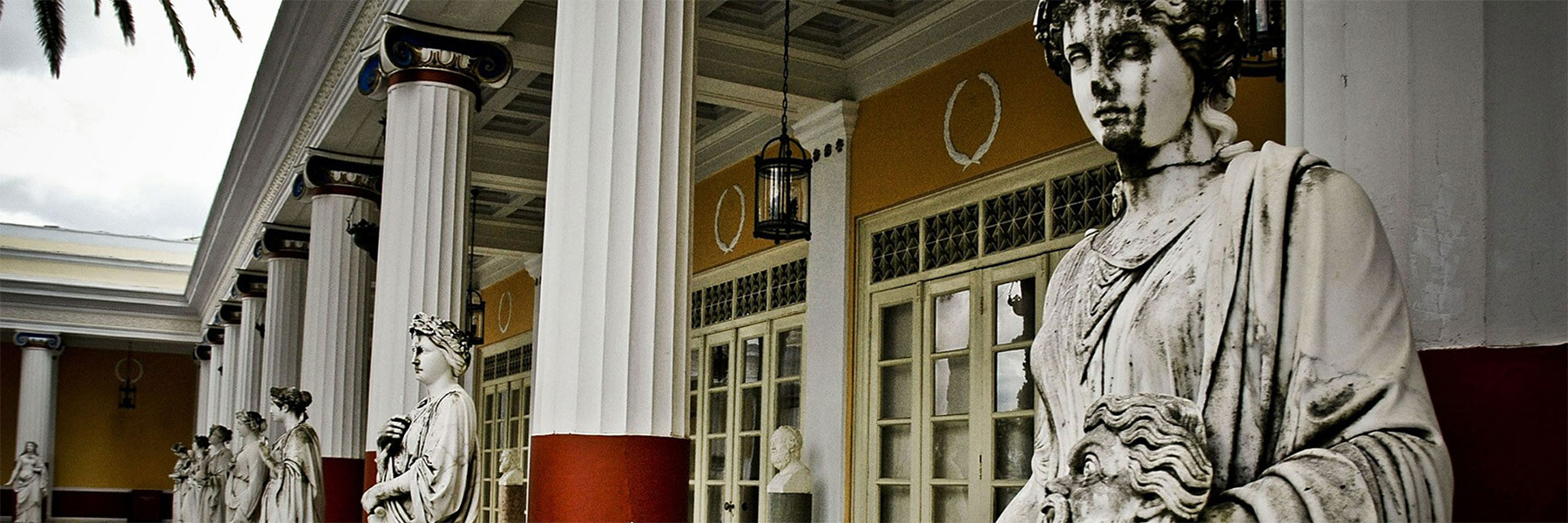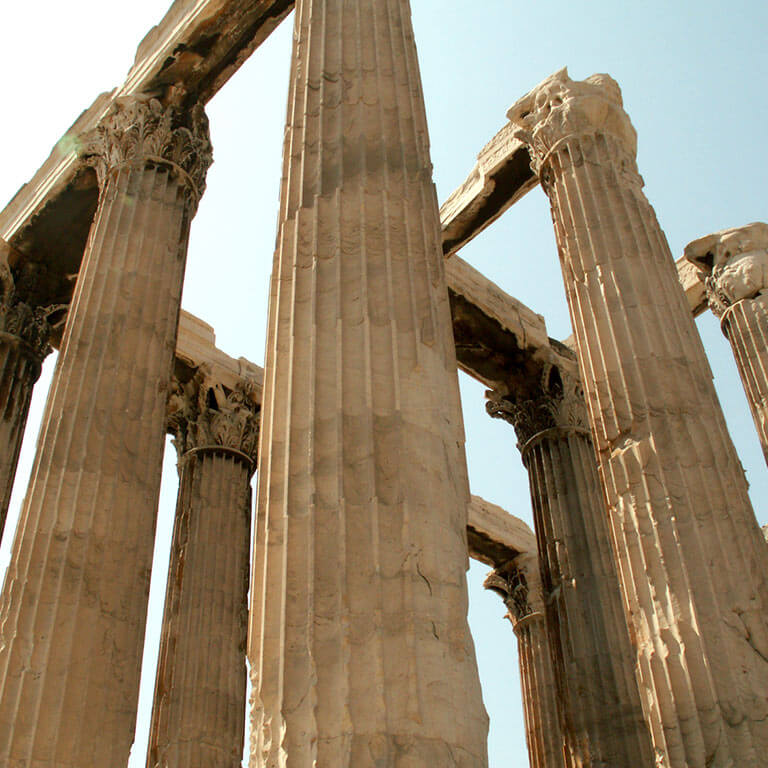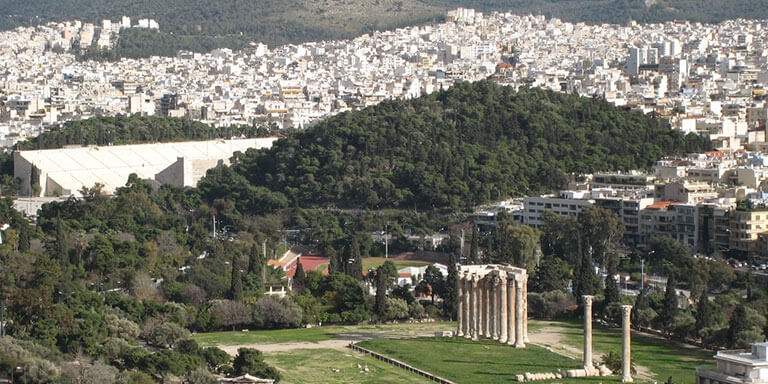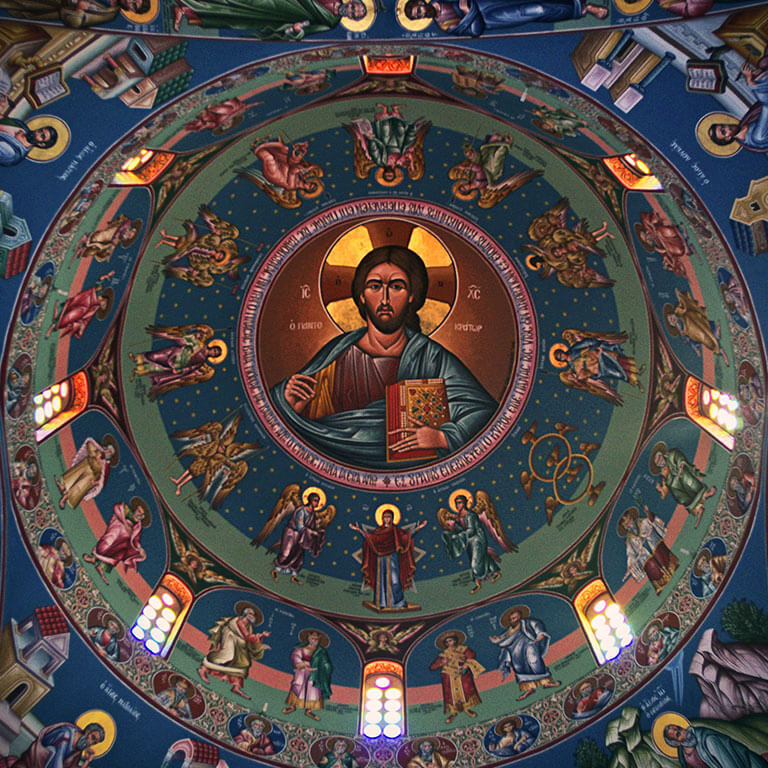Modern Greece is a dynamic country
It provides tremendous opportunities for both investigation and introspection. Geographically, culturally, and economically, Greece exists at a crossroads: between antiquity and modernity, between the East and the West, between Christianity and Islam, between the Balkans and the Mediterranean, between colonial powers and colonized peoples, and between the developed and the developing world. Studying Greece offers tremendous opportunities for thinking about both the global system and the position of the various historical actors that have shaped Greece—Europe, the United States, the Ottoman Empire and Turkey, and of course Greece’s citizenry—in that system.







